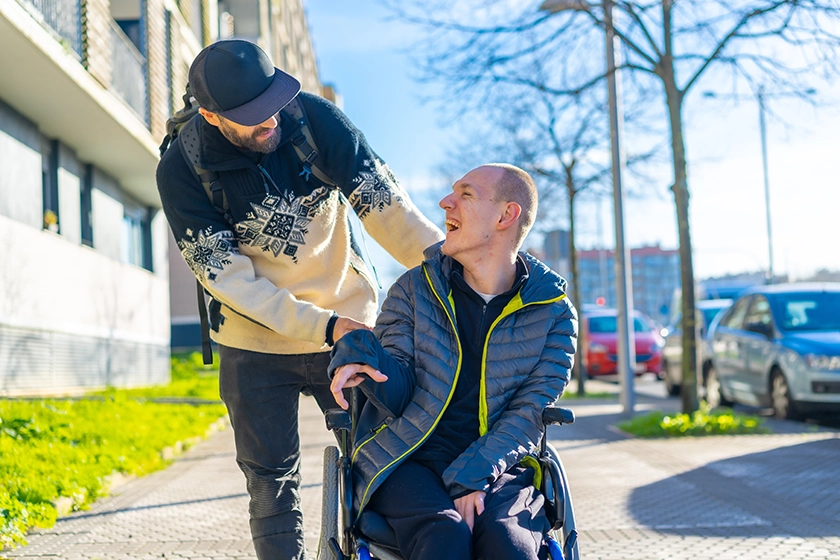Long Term Care
LONG-TERM CARE
The Preadmission Screening and Resident Review (PASRR) process is a federal mandated process to ensure that individuals with a Serious Mental Illness (SMI), Intellectual Disability (ID), and/or a Related Condition (RC) are not inappropriately placed in nursing facilities. The PASRR process requires that all applicants to Medicaid-certified Nursing Facilities be given a preliminary assessment to determine whether they have a MI, ID, or a Related Condition that meets the criteria to be included in the PASRR process. This is called a “Level I screen”. Those individuals who are identified with a SMI, ID, or RC are then evaluated through the “Level II” PASRR process to ensure that the Individual meets the criteria for Nursing Facility admission and to make recommendations for rehabilitative and Specialized Services.
The Omnibus Budget Reconciliation Act (OBRA) dates back to 1987. It was developed to ensure individuals residing in nursing facilities receive quality care and have access to specialized services that normally are not provided in a nursing facility. OBRA provides specialized services to individuals with mental illness, intellectual disability or related condition (developmental disability) who live in nursing facilities across the Commonwealth. Specialized services are those services individuals need to maximize self-determination and independence. Community living skills, assistive technology, day support, transportation and education are some of the services provided through specialized services.
The Community Transition team was developed in an effort to implement a post-move monitoring process for children being discharged from a nursing facility to ensure that services and supports are in place at the time of their discharge and there are no gaps in care. The process will include the frequency and intensity of monitoring as appropriate to individual circumstances and a monitoring checklist.






